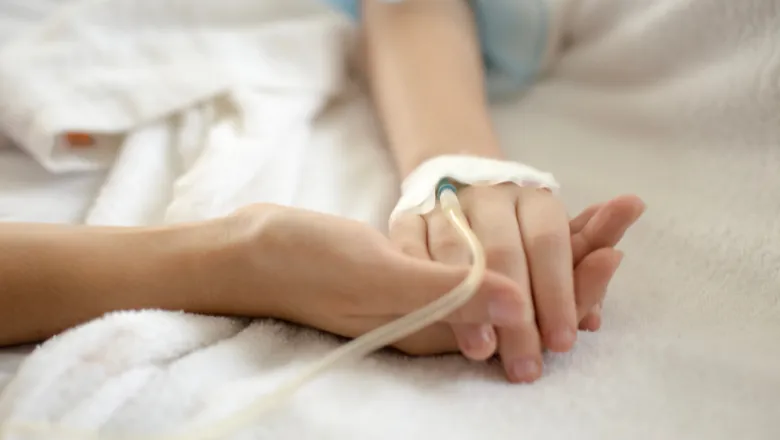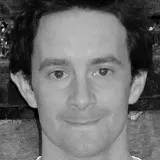Findings from a new study that looked at what happens to the immune system in children with severe infections or inflammatory diseases could help to more effectively target treatments to individual patients.

A new study led by King's College London, Imperial College London and the University of Edinburgh, has characterised the similarities and differences between immune cell profiles in children with different infections and inflammatory diseases. The findings, published in Nature Communications, could help to improve the way we target immune system disruption when treating these illnesses.
Severe infections and inflammatory diseases that cause fever (also known as febrile illnesses) can be life-threatening to children. This is partly because they can stop the immune system from functioning properly. This 'immune dysfunction' makes the body less effective at clearing infections and can send the immune system into overdrive, causing damage to the body.
Despite having different causes, severe febrile illnesses often have overlapping symptoms, and the immune dysfunction caused by these illnesses is also similar to that seen in sepsis. This can make diagnosis difficult. But understanding exactly what happens to the immune system in response to different febrile illnesses could help with diagnosis and highlight new ways to treat immune dysfunction in more targeted ways.
In the study, the team looked at the different groups of immune cells in blood samples taken from 128 children with different febrile illnesses, including multisystem inflammatory syndrome of childhood (MIS-C) associated with COVID-19 infection, severe bacterial infection, severe viral infection and Kawasaki disease (a severe inflammatory disease in children), over the time course of their illness.
We saw that severe bacterial infection and MIS-C overlapped immunologically, although they are caused by very different things.
Dr Michael Carter, (co-lead author of the paper with Dr Harsita Patel from Imperial College London) who was an NIHR Academic Clinical Lecturer at King's and Chief Fellow in Paediatric Intensive Care at Evelina London Children's Hospital when the work began.
Using state-of-the-art mass cytometry equipment (that allows for the identification of single cells), cell function studies and immunoassays, the team saw that two groups of white blood cells (neutrophils and T cells) were disrupted in children with MIS-C and severe bacterial infection, despite the different causes of disease. They also saw decreases in the levels of interferons - proteins that help clear the body of viruses - in children with severe viral infection.
The research was led by the University of Edinburgh's Professor Manu Shankar-Hari and Imperial College London's Professor Michael Levin. The study was funded by European Union funding (DIAMONDS collaboration) and the National Institute for Health and Care Research (NIHR).
The team was motivated to investigate immune dysfunction in febrile illnesses after noticing that, during the COVID-19 pandemic, there was an increase in the number of children being admitted to hospitals worldwide with what looked like symptoms of a severe bacterial infection, including high fevers, red eyes, conjunctivitis, rashes and very low blood pressure. In reality, the children were experiencing MIS-C, a condition that can develop about four weeks after COVID-19 infection.
"In the clinic currently, our treatments for dysfunctional immunity are poor and not targeted to individual children. Going forwards, by looking at the immune system in much more detail, we hope we'll be able to develop therapies that can treat the immune response in a much more targeted way and improve outcomes for our patients.
Dr Carter
Patients and controls for this study were recruited at the Evelina London Children's Hospital, St Mary's Hospital London, Queen Elizabeth Hospital and Lewisham Hospital between July 2020 and May 2022 as part of the EU-funded DIAMONDS project.







